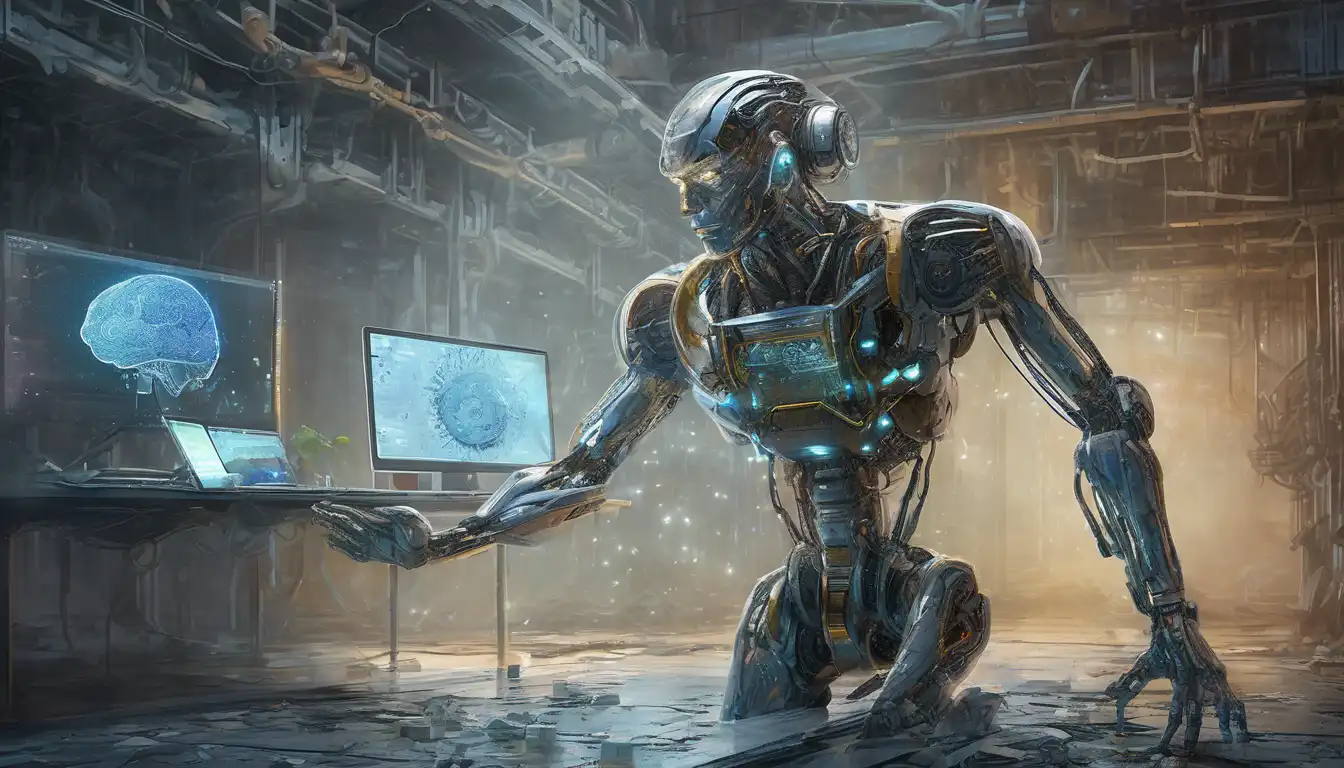Introduction to Artificial Intelligence
Artificial Intelligence (AI) has become a cornerstone of modern technology, influencing everything from how we shop to how we work. Despite its widespread adoption, numerous myths persist about what AI can and cannot do. This article aims to separate fact from fiction, providing a clear-eyed view of AI's capabilities and limitations.
Myth 1: AI Can Think and Feel Like Humans
One of the most pervasive myths is that AI possesses consciousness or emotions. In reality, AI operates based on algorithms and data inputs. It can simulate certain aspects of human thought processes but lacks self-awareness or genuine emotional responses.
Myth 2: AI Will Replace All Human Jobs
While AI is transforming the job market, the idea that it will render human workers obsolete is exaggerated. AI excels at automating repetitive tasks but struggles with jobs requiring creativity, emotional intelligence, and complex decision-making. The future likely holds a collaborative relationship between humans and AI.
Myth 3: AI Is Infallible
AI systems are only as good as the data they're trained on. Biases in data can lead to skewed outcomes, and AI can make mistakes, especially in unpredictable environments. Understanding these limitations is crucial for leveraging AI effectively.
Reality: AI Is a Tool, Not a Panacea
AI offers incredible potential to solve complex problems, from healthcare diagnostics to climate change modeling. However, it's not a magic solution. Successful AI implementation requires careful planning, ethical considerations, and ongoing human oversight.
How to Stay Informed About AI
Keeping up with the latest developments in AI can be challenging. Here are a few tips:
- Follow reputable tech news sources.
- Participate in online forums and communities.
- Attend conferences and webinars on AI and machine learning.
By staying informed, you can better understand AI's evolving role in society and how it might impact your life or business.
Conclusion
Artificial Intelligence is a powerful technology that's reshaping our world. By debunking common myths, we can approach AI with a balanced perspective, recognizing both its potential and its limitations. As we continue to explore the possibilities of AI, it's essential to foster a dialogue that's grounded in reality, not hype.
